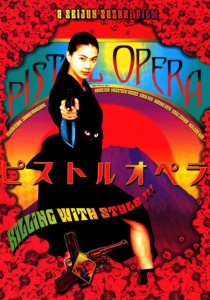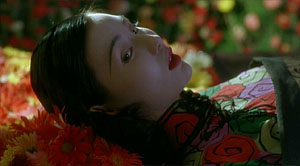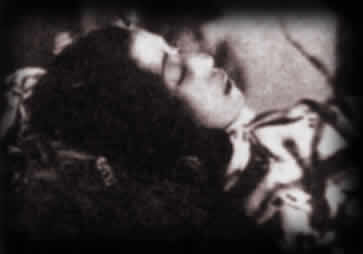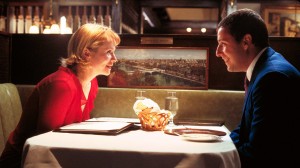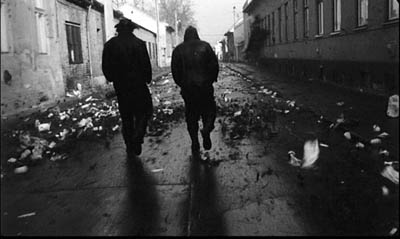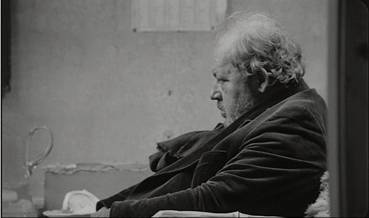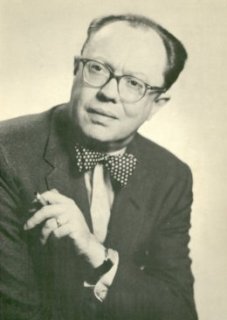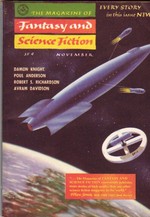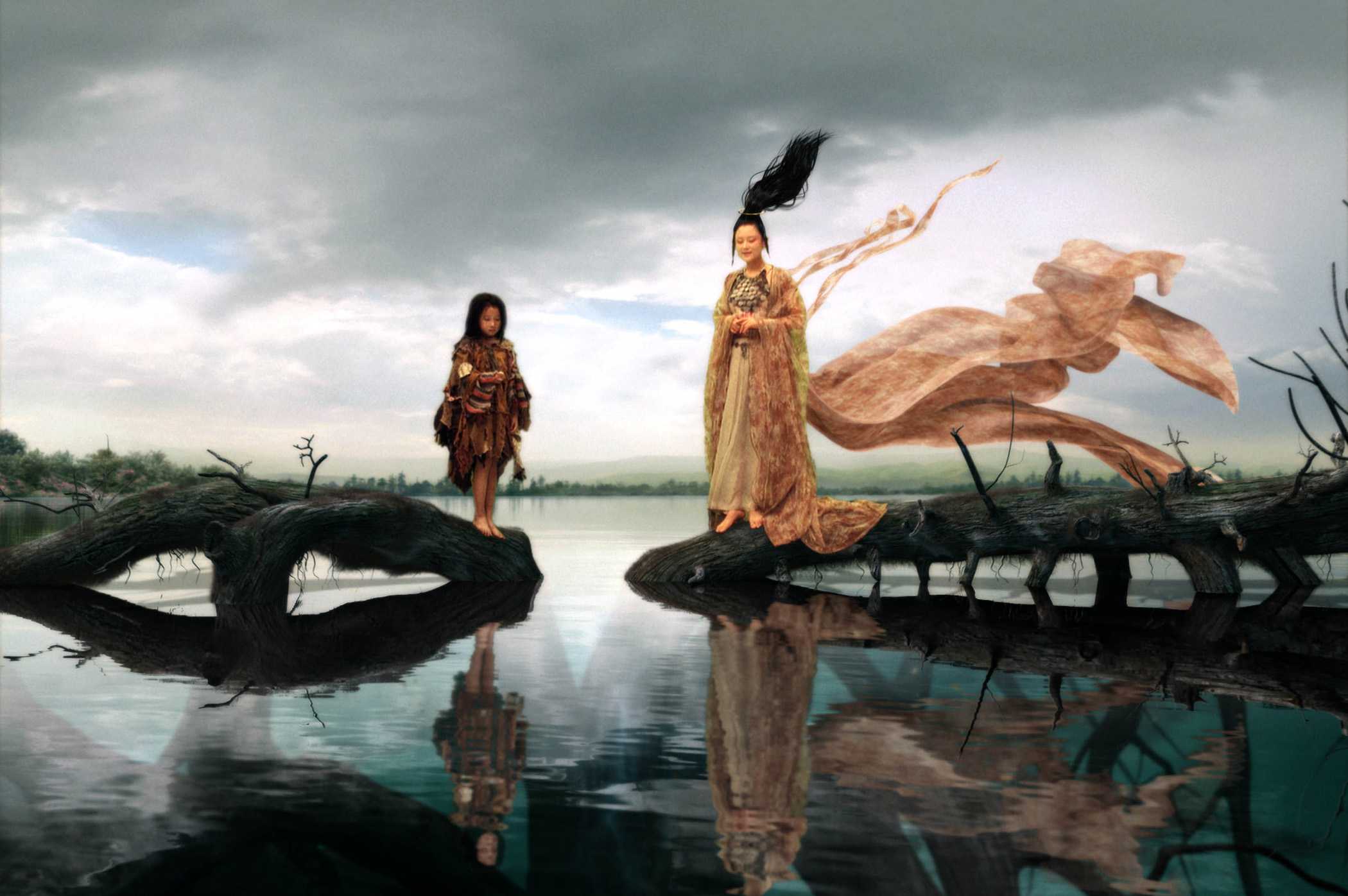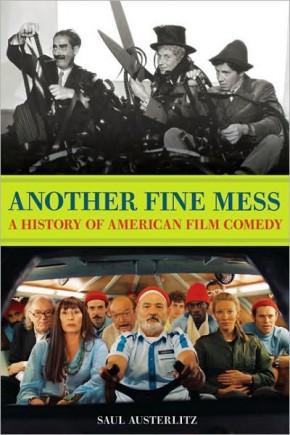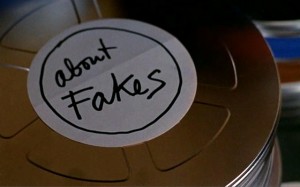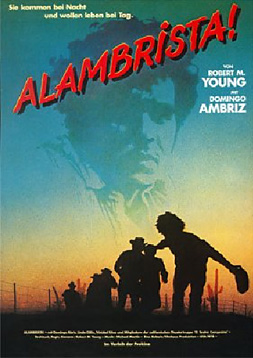This was written for a brochure to accompany a retrospective held by Northwestern University’s Block Cinema in January 2008. — J.R.
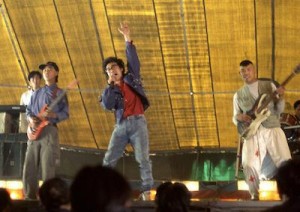
ZHANGKE JIA, POETIC PROPHET
by Jonathan Rosenbaum

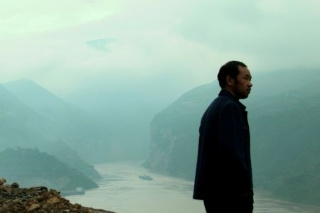
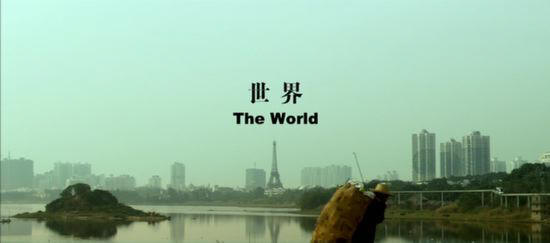
What is it about Zhangke Jia that makes him the most exciting
mainland Chinese filmmaker currently working? It might be
oversimplifying matters to describe this writer-director, born in
1970, as a country boy. But the fact that he hails from the small town
of Fenyang in northern China’s Shanxi province clearly plays an
important role in all his features to date. (I’m less certain about what
role it plays in his two recent documentaries, Dong [2006] and
Useless [2007].) Like William Faulkner and Alexander Dovzhenko,
Jia is a hick avant-gardist in the very best sense — someone whose
outsider/minority status enhances both his humanity and his art.
Working in long, choreographed takes, and mixing realistic accounts
of working-class life with diverse forms of cultural shock and fantasy
ranging from animation to SF to rock, he already qualifies as a poetic
prophet of the 21st century, and not only for China.

He attended the Beijing Film Academy, where he
completed his first film, the one-hour Xiao Shan
(Going Home, 1995). I haven’t seen it, but according
to critic Kevin Lee, it’s about a country boy and
unemployed cook in Beijing who wants to go home for
the Chinese New Year and runs into numerous obstacles,
and it utilizes literary intertitles (which also crop up in
his last two features). Read more

